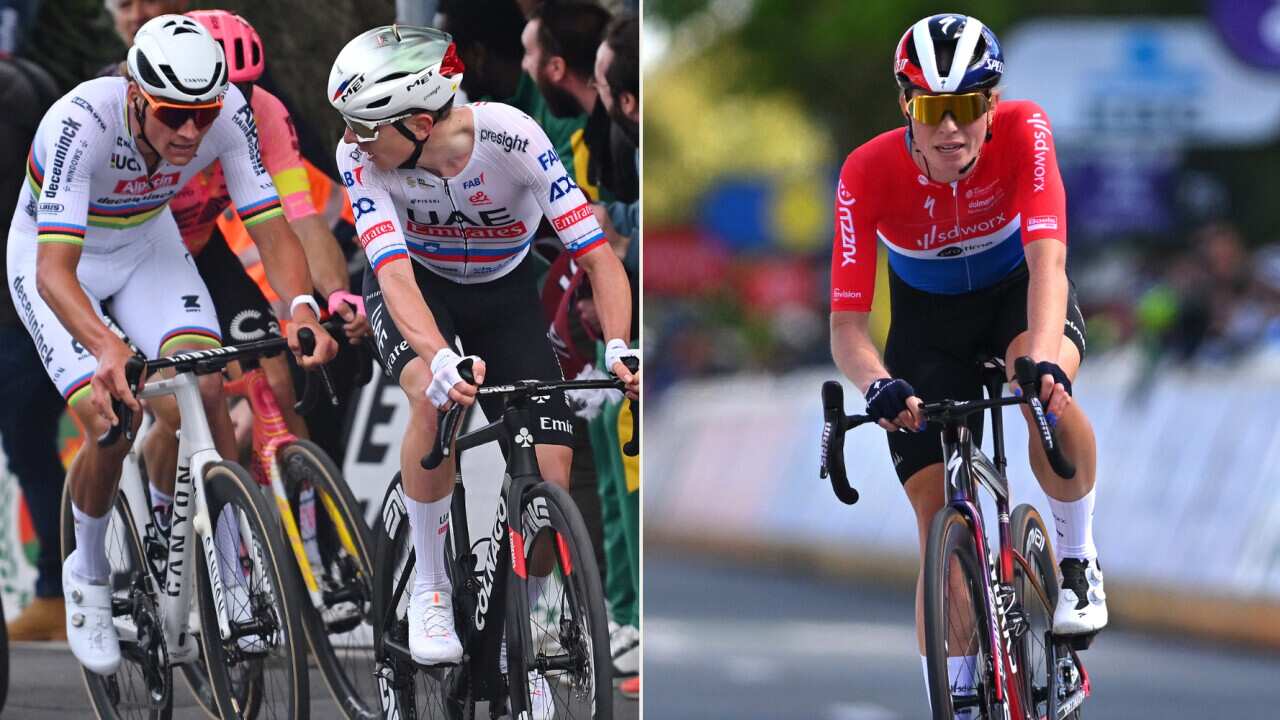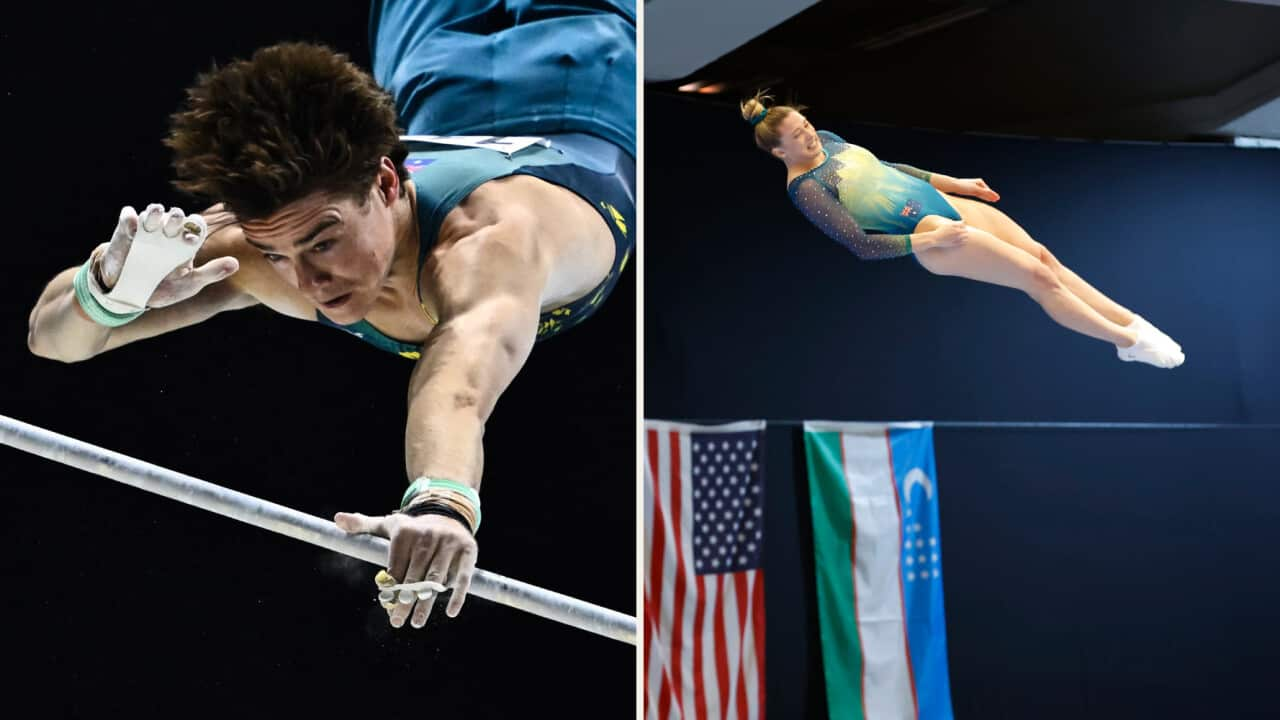On 16 July 1950, he scored the decisive goal as Uruguay came from behind to beat Brazil 2-1 and win the fourth edition of the World Cup. The crowd gathered in Rio de Janeiro’s newly opened Maracana stadium may well have been one of the biggest ever assembled to watch a game of football. And Ghiggia, as he liked to say, along with the Pope and Frank Sinatra, was one of just three men to silence the giant stadium.
The most important man on that fateful day was the final one to leave the scene. All the other 21 players who took the field that day have already passed on. Ghiggia was the last of the gang to die.
At the age of 23, he was one of the youngest players on the field. Indeed, he only made his international debut on the eve of the tournament, coming on as a substitute in a warm up match against Brazil in Sao Paulo on 5 May. Uruguay won that game, too – which shows that the triumph in the final was not the great surprise that it is sometimes said to be.
Two victories over Brazil, two important dates in the life of Alcides Ghiggia. The first is all but forgotten, the second, 72 days later, will remain for ever as one of the most famous events in the history of the game.
The climax to the 1950 World Cup is one of those games that marked everyone who played in it for life. Almost 20 years ago I spoke to a couple of the Brazilian players, and coach Flavio Costa, about that day. Nearly half a century had gone by but they had never forgotten the game and had never been allowed to. One of the players still found himself dreaming about the match, playing it over in his sleep as he tried to change the ending.
Ghiggia, of course, must have played it over and over in his mind with no regrets. It was his game, his tournament, the moment that a fearless young winger grabbed life by the scruff of the neck and shook every last bit of the opportunity which had come his way.
In the group game, his first competitive match for his country, Ghiggia scored as Uruguay thrashed Bolivia 8-0. Rival coach Mario Pretto was full of praise. “The right winger Ghiggia impressed me as the most skilful and would cause a sensation in any stadium in the world,” he said.
These were prophetic words. But they might have proved less so had more TV evidence been available at the time.
Later in the tournament, against Spain, Ghiggia scored a goal where he cut in from the flank and fired a shot inside the near post from a narrow angle. If Brazil’s keeper Barbosa had seen the move and paid it due attention, then the outcome of the big game might well have been different. Barbosa spent the rest of his life haunted by an almost identical goal that Ghiggia put past him in the final.
The winger had already set up the equaliser, pulling back a cross for inside forward Juan Schiaffino to fire home. The second time that Ghiggia advanced, Barbosa expected the same thing, and, with half an eye on the position of Uruguay centre forward Omar Miguez, inched off his line. He left a gap at his near post, and Ghiggia took full advantage.
Brazil coach Flavio Costa made it clear that rather than blaming Barbosa, he thought that centre back Juvenal was at fault for not moving over and giving cover to left back Bigode. Ghiggia disagreed. This is his account of what happened in the Uruguay dressing room at half time.
“In the first half, I was hardly in the game because the Brazilians were neutralising me,” he recalled 50 years later.
“So in the dressing room I went up to [coach] Juancito Lopez, and I said; ‘the problem is that [playmaker]Julio Lopez is hitting long passes for me, and I run past Bigode, but Juvenal comes across and gets the ball before I arrive. Tell Julio not to hit long, to come close to me and play to my feet. Then we work a one two, because I can beat Bigode for pace.’ And it worked, because the two goals came that way.”
A simple tactical adjustment created the space from which Ghiggia could wreak havoc.
After scoring the first goal, Schiaffino was not up with the play when the second went in.
“I was on the half way line,” he recalled. “I hadn’t gone up with the attack, and at the time I thought that the ball had not gone in, that it had hit the side netting.”
Had that been the case, then Ghiggia would not have loomed so large in the history of the game. The young winger would still have played a fine tournament – at the final whistle his captain Obdulio Varela lifted him up and proclaimed him the best player of the World Cup but he would not have got his hands on the trophy.
A 1-1 draw was enough for Brazil to be champion. It can be a fine line between excellence and immortality. That one moment, 65 years ago, placed Alcides Ghiggia firmly and squarely on the latter side.
Just around the corner from my flat in Rio is the hotel where Uruguay’s players stayed 65 years ago. As I walked past it the other night it was easy to imagine Ghiggia there 65 years ago, trying to get some sleep with all the adrenalin of the game pumping round his system.
Now, of course, he can rest in peace but what he did in the 1950 World Cup will live on for as long as the game of football is played.










